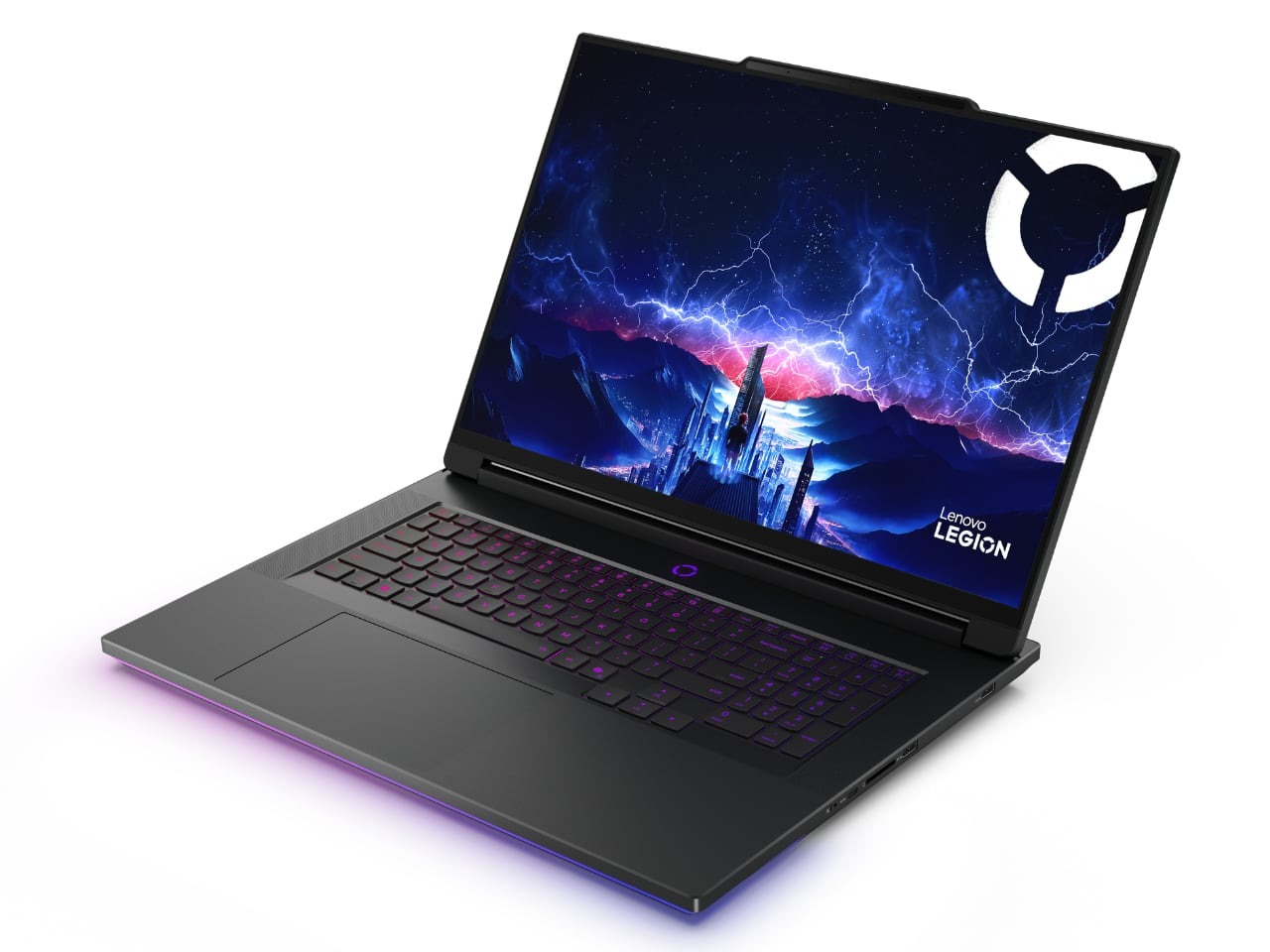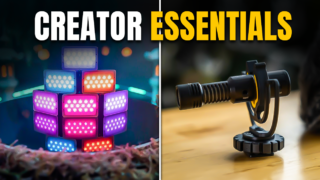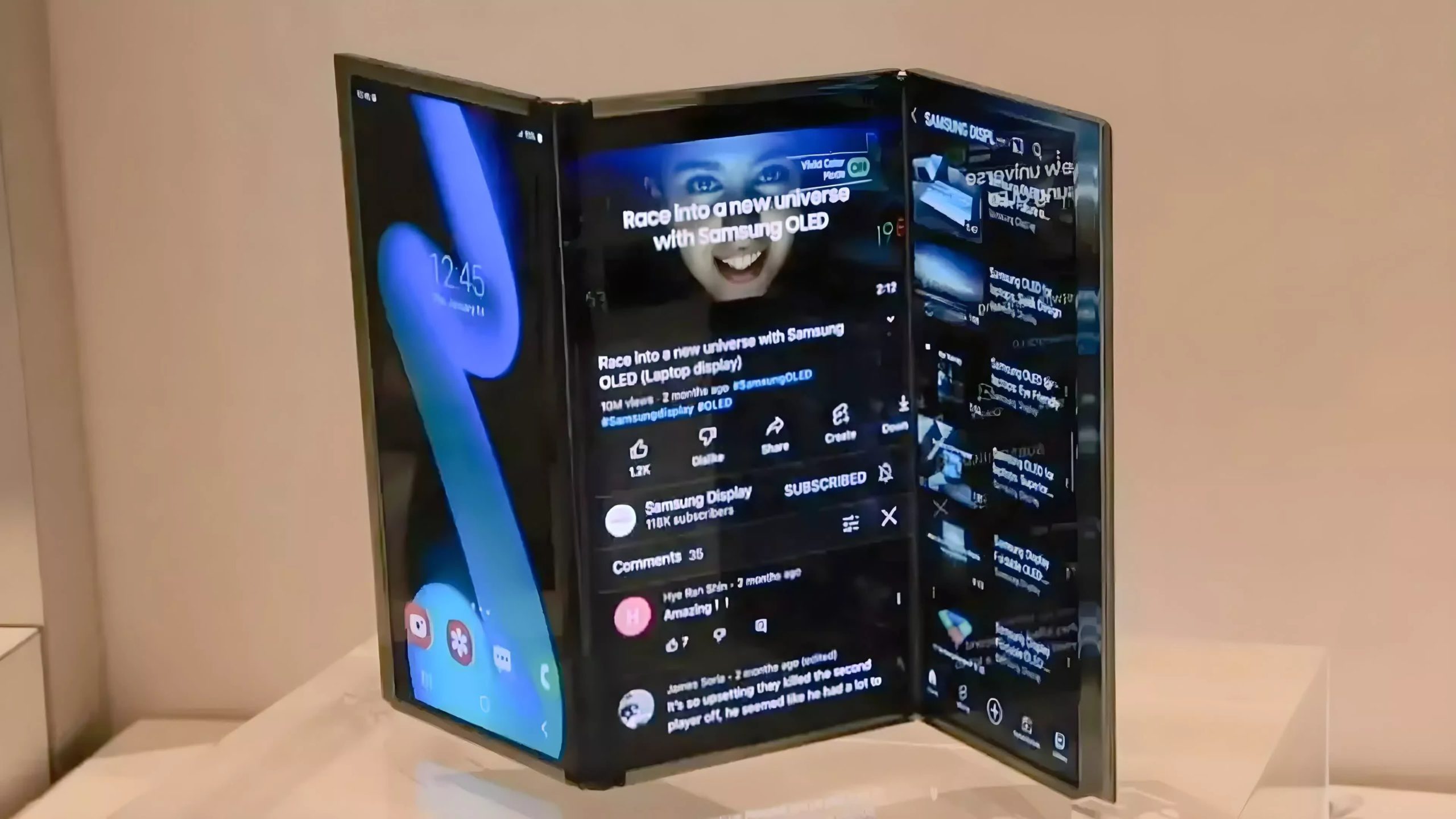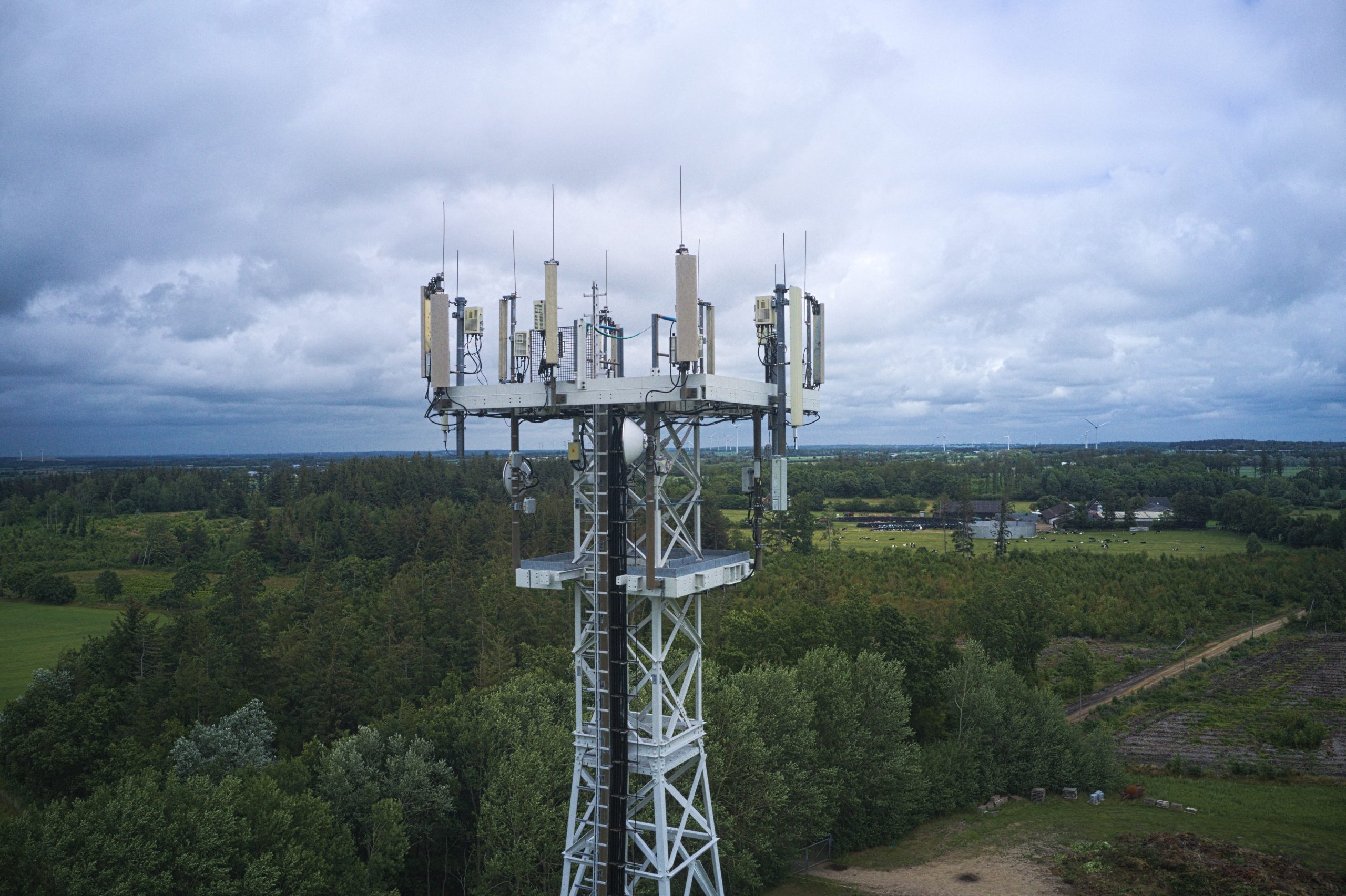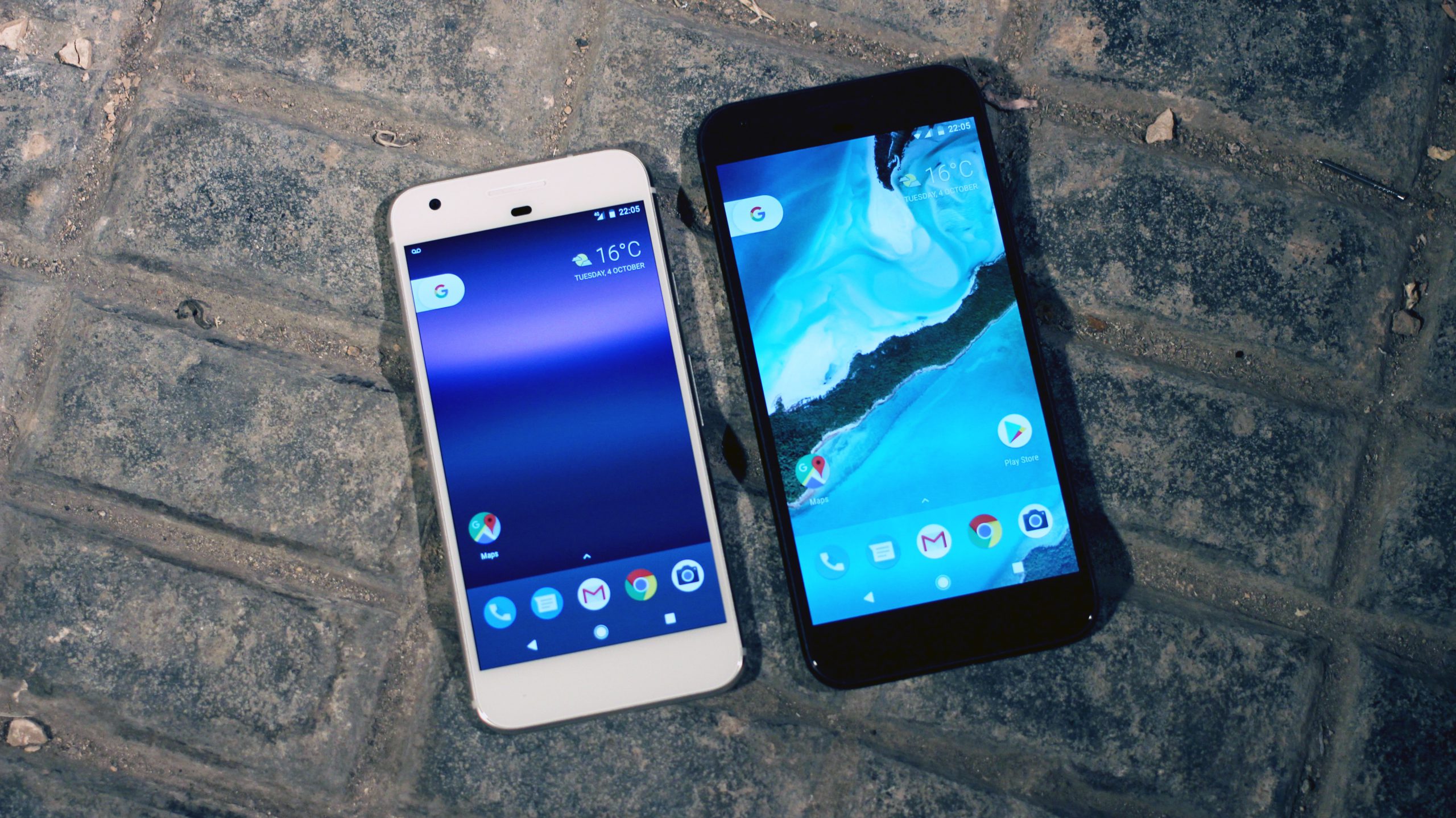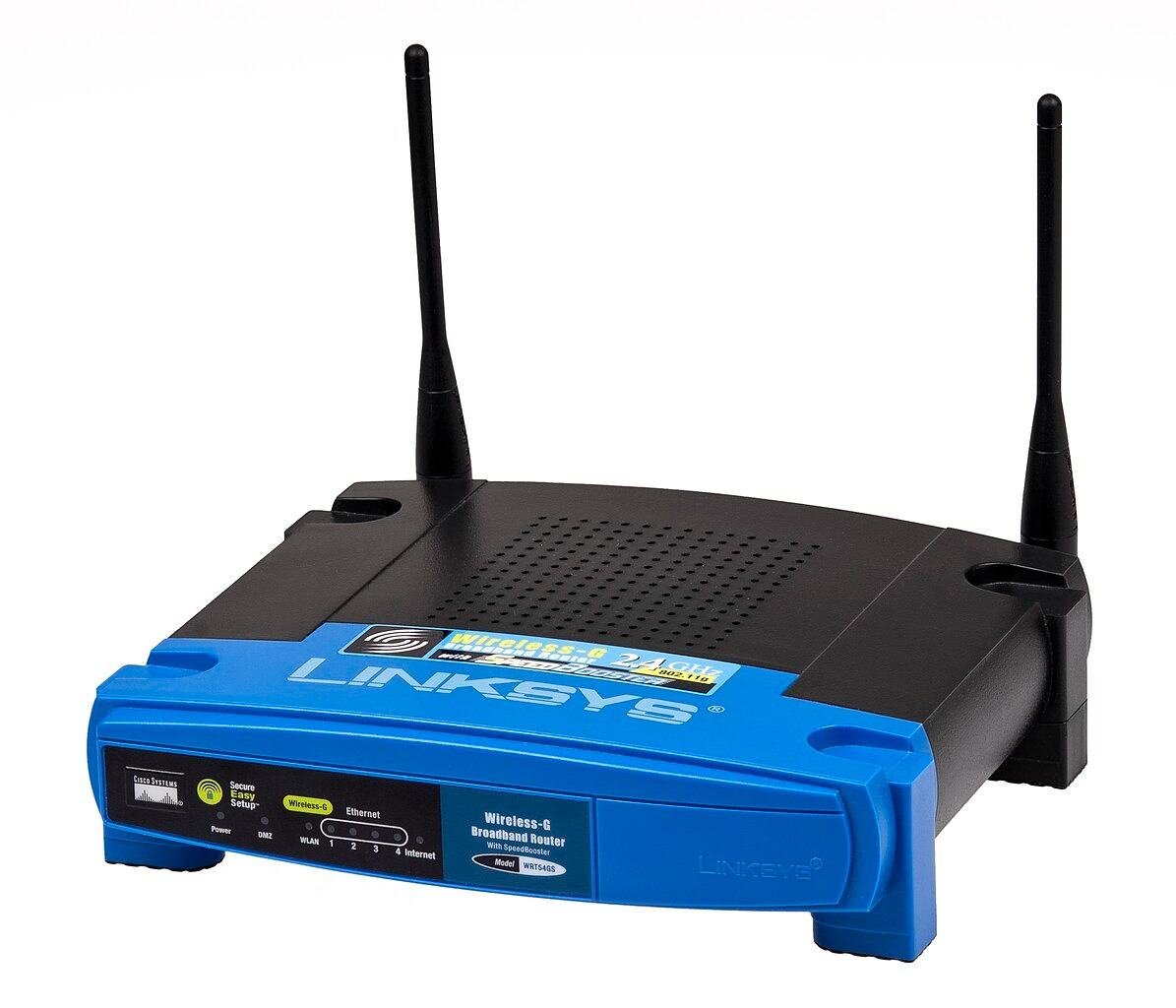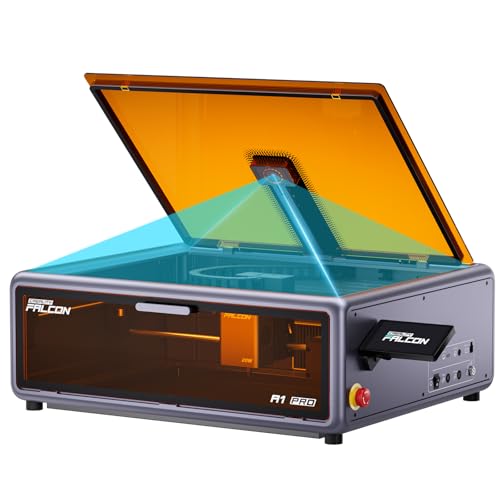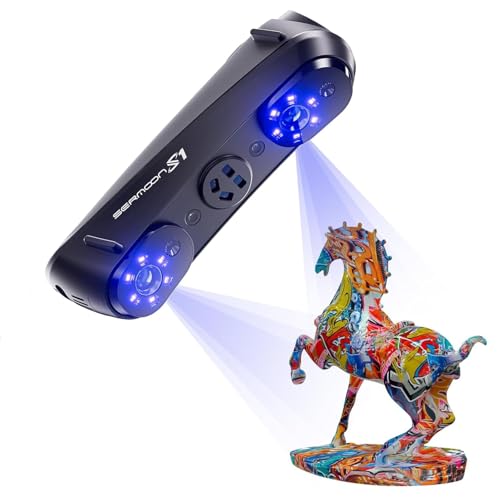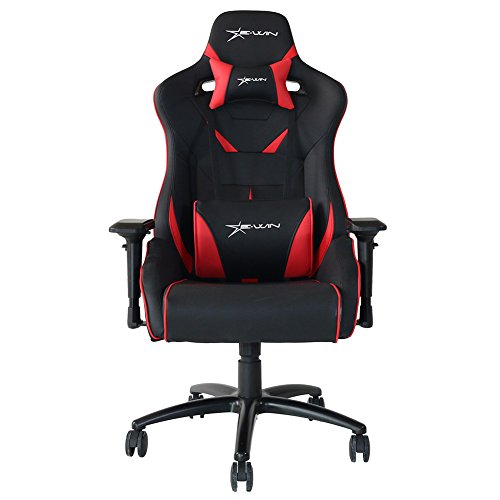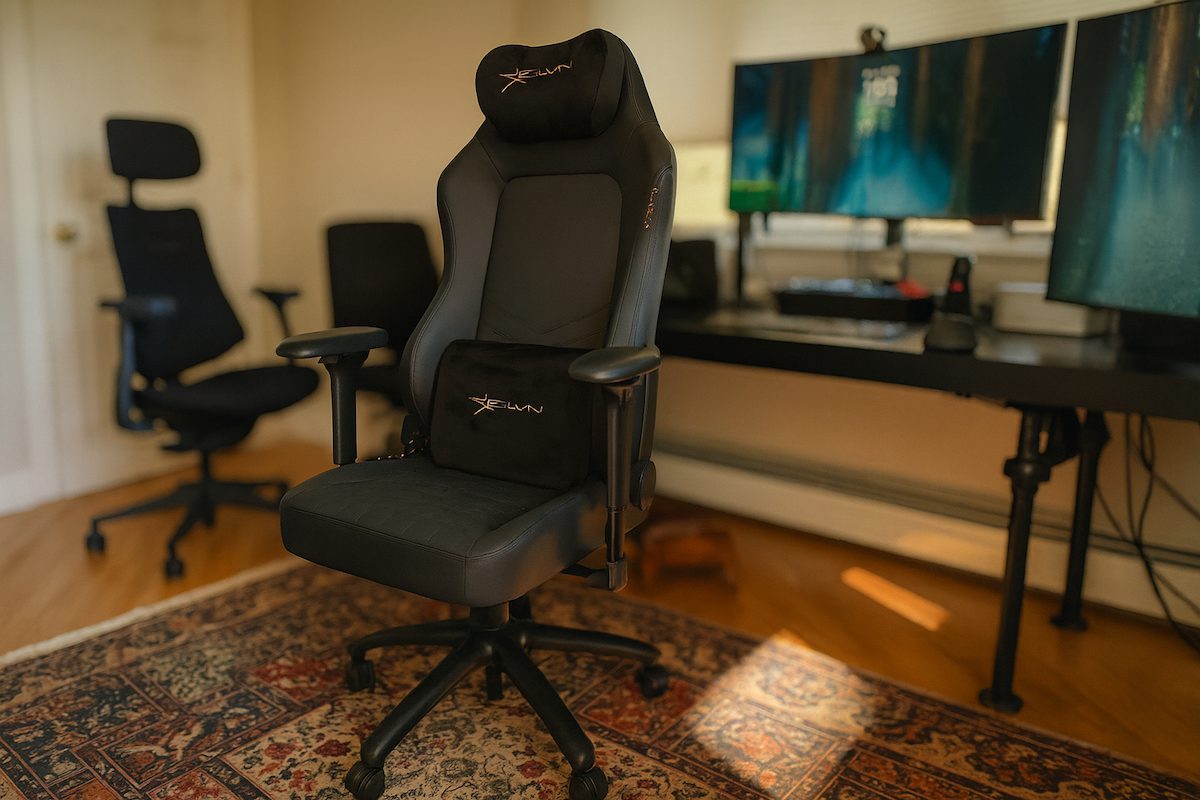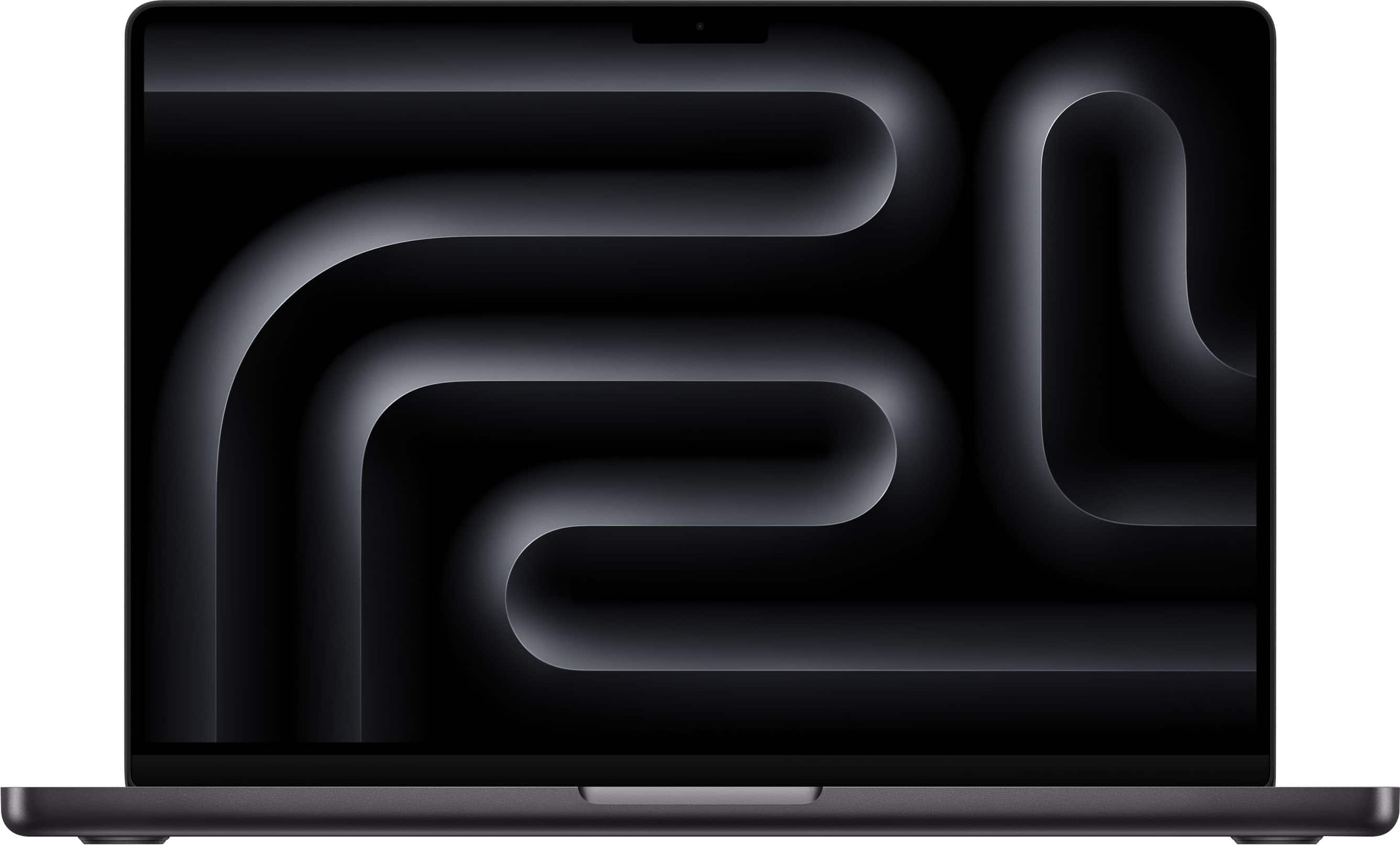Lenovo’s black-clad Legion 9i sports a forged carbon fiber lid that looks like someone shattered the night sky and glued it back together. With pricing details still under wraps until its fall 2025 North American launch, this gaming behemoth supposedly bridges the gap between playing games and making them—a promise as ambitious as its specs sheet is long. But like a Tinder date who claims they’re “fluent in five languages,” the reality might leave you with trust issues and an empty wallet, especially when contrasted with Lenovo’s recent focus on sustainability, like the Yoga Solar PC concept that harnesses solar power for sustainable computing.
Royal Flush of Cooling
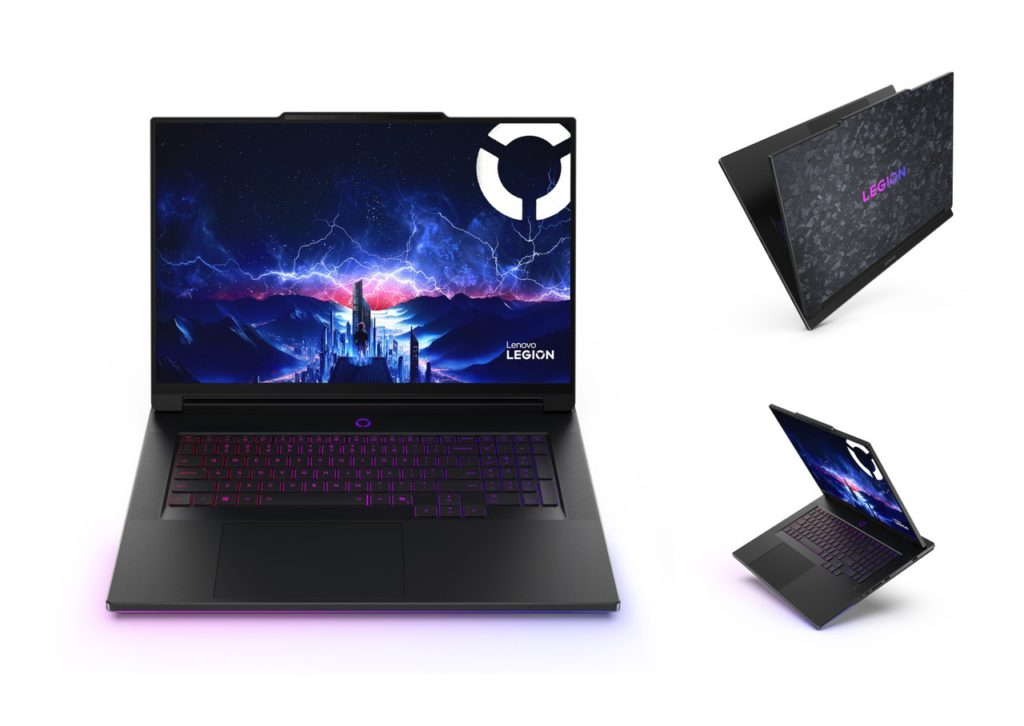
The Legion’s underbelly reveals an intricate ventilation system that would make Swiss cheese jealous. Those generous air channels aren’t just for show—they’re keeping a thermal nuclear reactor at bay. The cooling system reportedly combines vapor chamber technology with four dedicated fans, making it quieter than your disappointed parents when you told them you wanted to be a professional gamer.
While past Legion models often sounded like a jet engine preparing for takeoff, this iteration promises noise levels below 48dB even at full throttle. Your roommate can finally sleep through your 3 AM gaming sessions, though your mechanical keyboard will still give you away like a sneeze in a library.
Carbon Fashion Statement
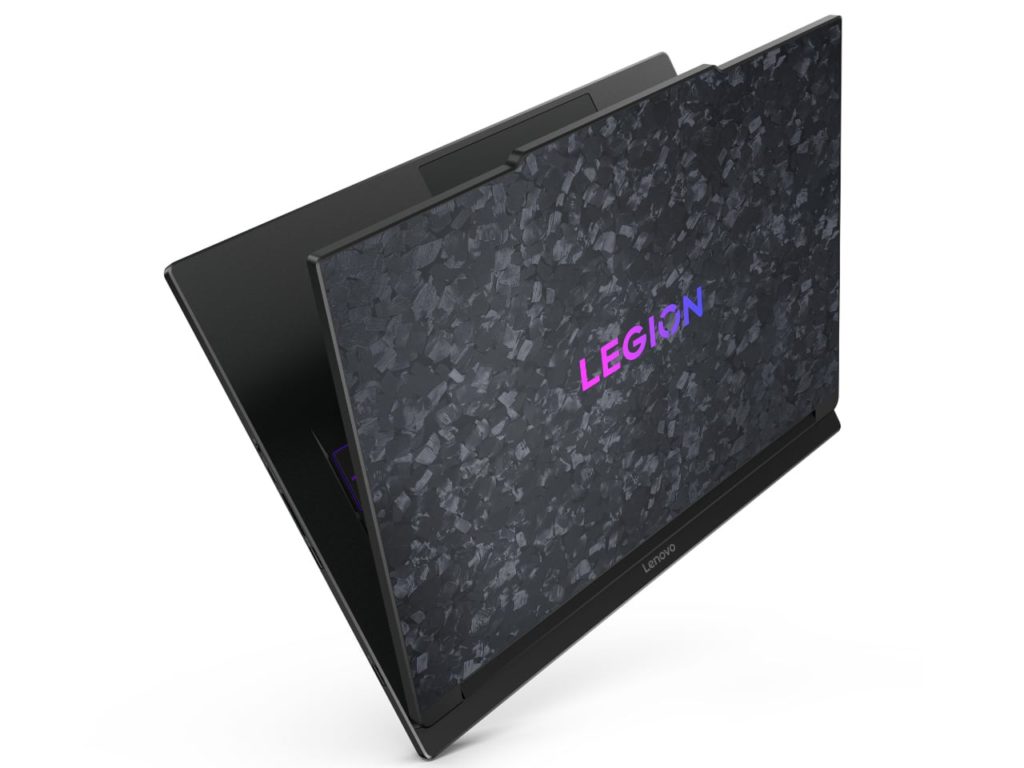
The Legion’s standout feature is its forged carbon fiber lid, where fragments of material seem suspended in resin like tech confetti. It’s distinctive in a market where most competitors have the personality of a tax form. The purple-blue gradient “LEGION” logo glows with the gentle menace of a night club bouncer who knows your ID is fake but lets you in anyway.
This isn’t just aesthetic flexing—the carbon fiber construction makes it lighter than aluminum alternatives while maintaining durability. At a hefty 7.72 pounds (3.5 kg), it’s substantial enough to qualify as strength training when carried in a backpack. Your chiropractor will be thrilled with Lenovo’s contribution to their children’s college fund. The previous 16-inch model might have been manageable at 5.6 pounds, but this 18-inch behemoth takes “portable” to its logical extreme.
Neon Playground
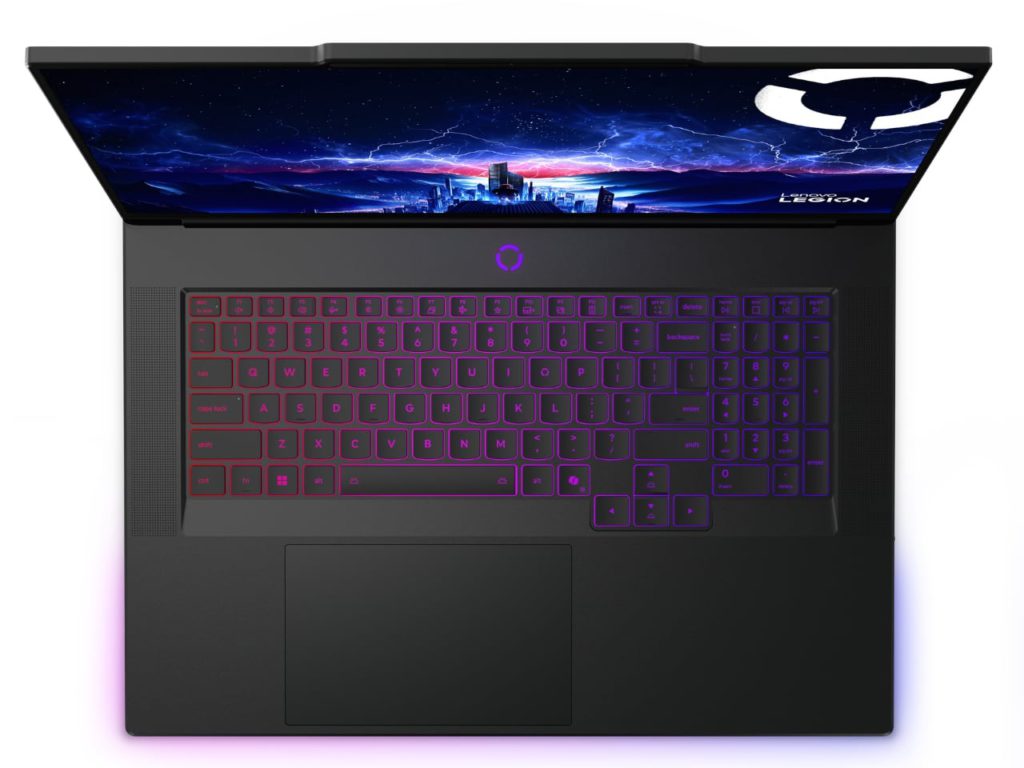
The RGB keyboard lights up like Times Square on New Year’s Eve, with per-key customization that lets your WASD keys glow a different shade than the rest. The keys have satisfying travel and response, though they collect fingerprints faster than your Instagram posts collect sympathy likes.
The keyboard reportedly offers exceptional durability—a standard gaming laptop claim that typically translates to “millions of keypresses” in marketing speak. That seems optimistic considering how intensely competitive gamers hammer the key clusters during League of Legends matches. The spacious touchpad is competent, though anyone serious about gaming will connect a proper mouse faster than you can say “Battle Royale.”
Panoramic Digital Canvas
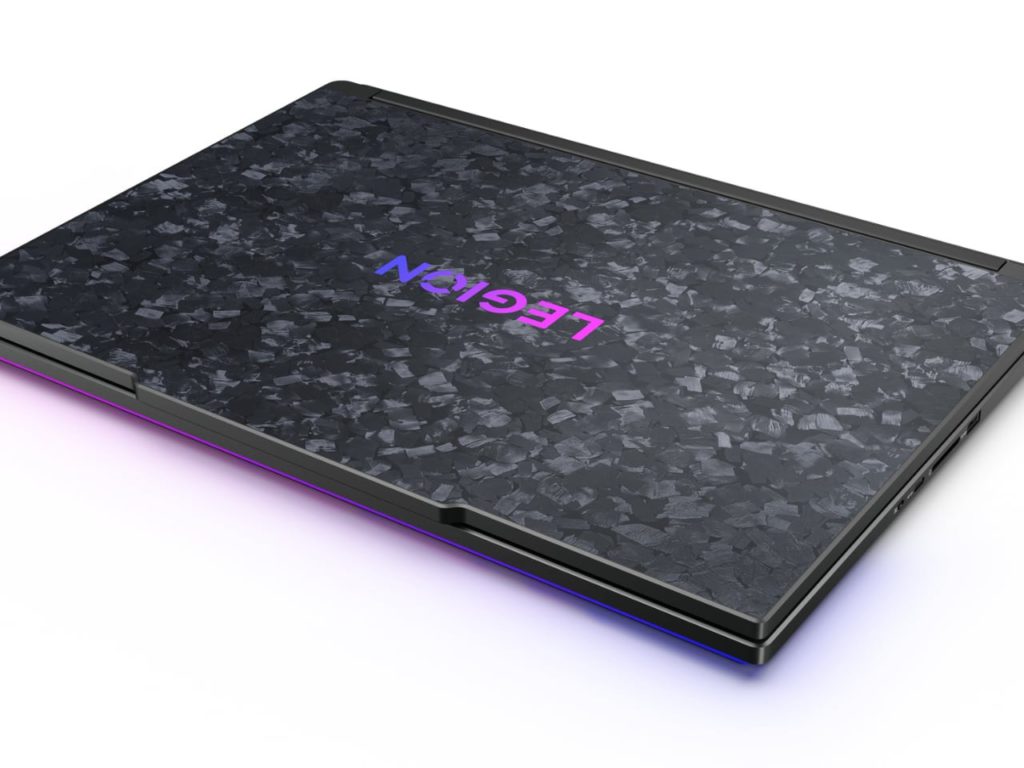
The 18-inch display allegedly offers both 2D and glasses-free 3D capabilities—a feature that sounds impressive until you realize it’s the tech equivalent of those 3D bookmarks we had in the 90s. The screen can reportedly switch between 4K at 240Hz or FHD at a blistering 440Hz, though your eyeballs may not appreciate the difference unless you’re a hummingbird or professional esports player.
For developers, the 3D capabilities might be genuinely useful for visualizing game worlds without strapping a headset to your face. For everyone else, it’s a party trick you’ll show off once before reverting to standard mode. Like buying a convertible in Seattle—theoretically awesome, practically pointless.
Silicon Muscle Car
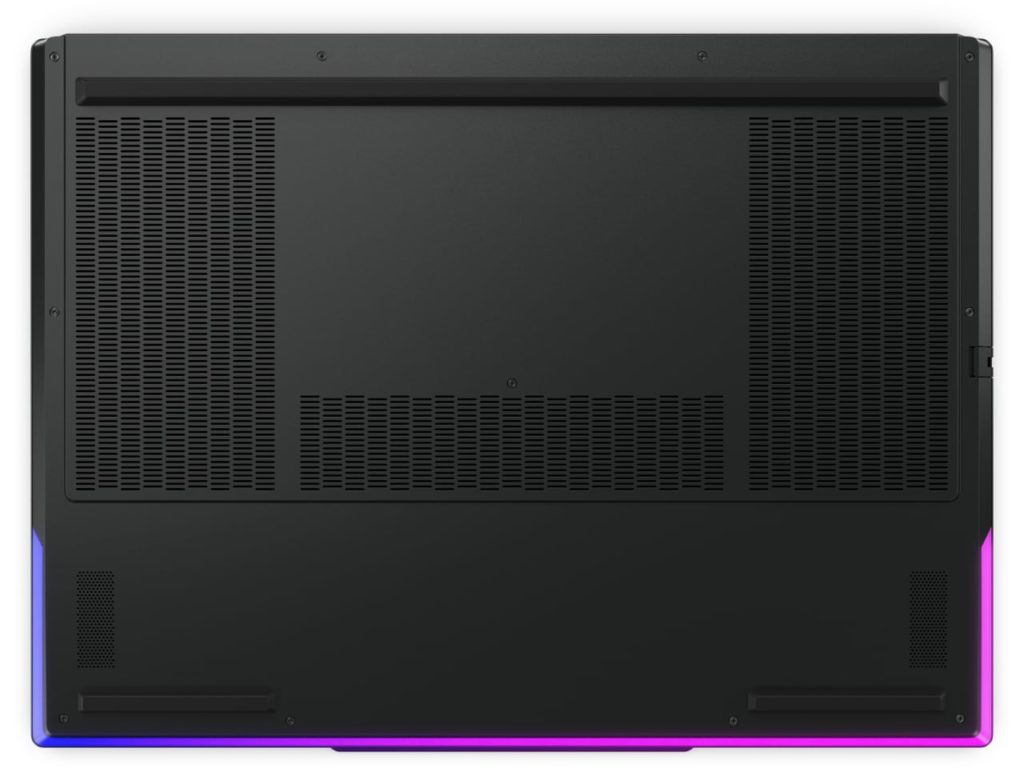
The Legion 9i packs hardware that would make NASA blush. It’s Intel Core Ultra 9 275HX processor pairs with an RTX 5090 GPU to deliver performance that’s less “smooth gaming experience” and more “time travel to the future.” According to Lenovo, it supports up to 192GB of RAM across four slots, preparing it for tasks that haven’t even been invented yet.
Though impressive on paper, most users will utilize about 15% of this power, like buying a Ferrari to drive exclusively in school zones. The 8TB storage capacity across four SSD slots seems excessive until you realize modern games consume storage like Instagram influencers consume attention.
Power Without Compromise?
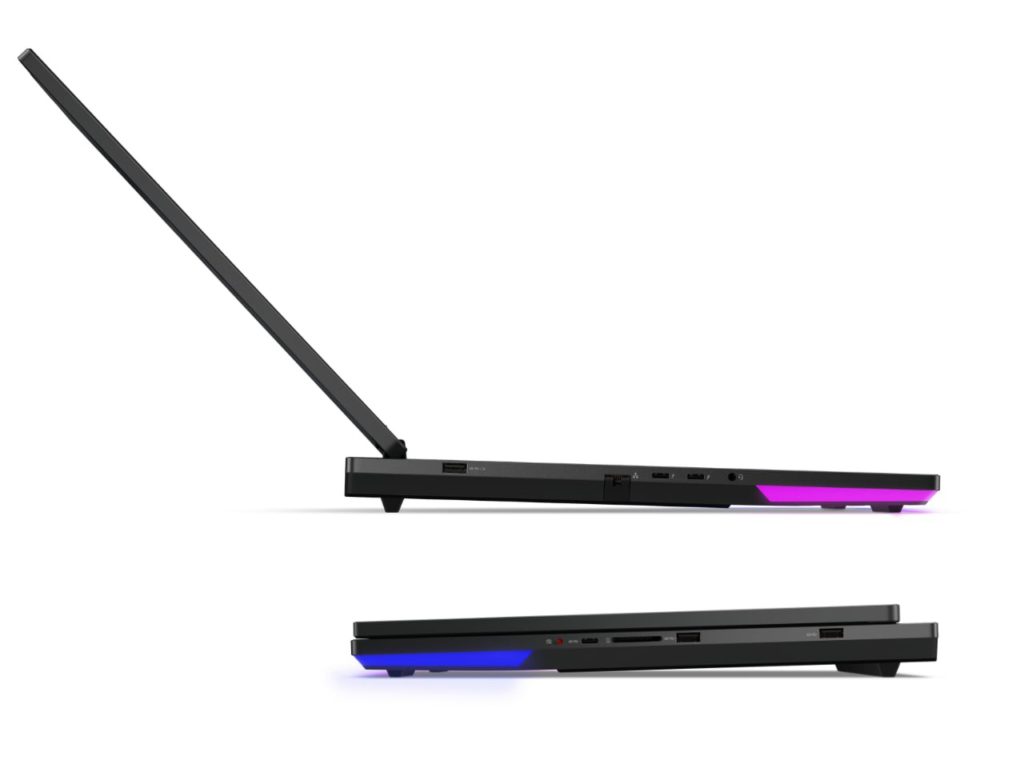
Battery life has reportedly improved with a 99.99Wh capacity that Lenovo suggests will last “all day.” Translation: maybe three hours of actual gaming before frantically searching for an outlet like it’s the last helicopter out of Saigon. The power brick is substantial enough to double as home defense equipment.
Lenovo’s AI Engine+ supposedly optimizes performance dynamically based on usage patterns, though in practice, it’s about as predictable as cryptocurrency values. You’ll occasionally notice frame rate improvements, but attributing them to AI rather than good old-fashioned optimization feels like crediting your horoscope for a job promotion.
At its core, the Legion 9i is an impressive machine caught in an identity crisis—too expensive for casual gamers, too flashy for professional developers. It’s the sports car of laptops: something you want, don’t need, and will spend too much time explaining to disapproving family members.
For those with disposable income and dreams of developing the next Fortnite while simultaneously playing it at competition level, this might be your unicorn. For everyone else, it’s a beautiful reminder of why gaming laptops remain niche products with price tags that could cover a semester of college.


